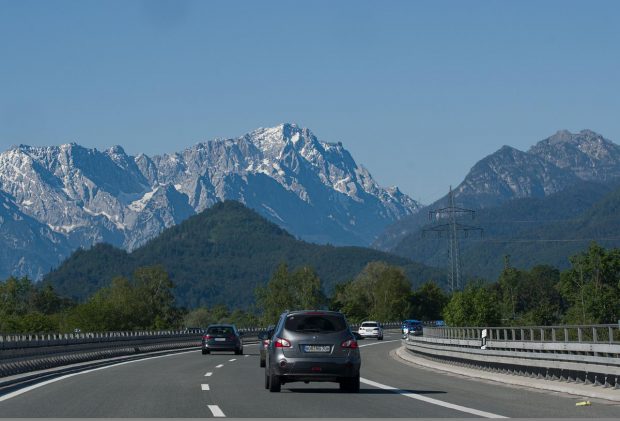Longer days, clear skies, and warm days are just the perfect conditions for taking a vacation. When considering going on vacation this summer, it is important to consider that many American like you have the same plans. So, the roads may get a little more congested than usual.
Congested roads increase your chances of encountering road range, intoxicated drivers, and inexperienced drivers, making driving relatively dangerous. But this should not dampen your summer vacation mood.

If you have already made plans, go ahead and enjoy yourself but pay attention to the tips highlighted in this post.
1. Familiarize Yourself With the Local Traffic Laws
While most traffic rules remain relatively the same across all states in America, there could be some minor differences. For example, the maximum speed limit can differ from one state to another. But that is not all. Other rules such as lane filtering or actions to take in an intersection may vary widely.
So, you may need to familiarize yourself with the rules in the state you are visiting to ensure that your driving complies with its laws. You do not want tickets and arrests ruining your vacation experience.
2. Wear Your Seatbelt at All Times
Since the invention of the seatbelt in the late 1950s, they have saved countless lives. According to seat belt statistics from the NHTSA, seat belt usage reduces the risk by 50 percent in the event of an accident.
In 2020 alone, seatbelts saved the lives of over 15,000 people. The NHTSA also noted that 58% of all fatalities recorded at night time involved car occupants with no seatbelt at the time of the accident.
Besides saving lives, it may be a legal requirement in some states to have the driver and the front passenger or all passengers buckle up while in a moving vehicle. So, if your safety is not enough motivation to wear a seat belt, the risk of having your vacation mood dampened by a traffic ticket should.
3. Avoid Drinking if You Are the Designated Driver
Drunk driving is among the leading causes of accidents in America. According to the NHTSA, approximately 32 people die daily from alcohol-related accidents.
In most states, drivers’ legal blood alcohol limit is 0.08%, which is approximately four to five drinks for an average person, but it could be lower for persons with low body weight.
However, alcohol impairment can start before you reach the legal limit. With road conditions falling below ideal, it would be best to avoid alcohol altogether until you get to your destination.
4. Drive Defensively
Defensive driving means driving while conscious of the imminent dangers on the road. It involves controlling your speed, steering clear from rude driving habits, maintaining safe following distances at all times, and being on the lookout for reckless drivers.
You may consider taking a defensive driving course if you do not have experience driving in hazardous road situations like during a vacationing season. The good thing about taking a defensive driving course is that it can earn significant discounts on your auto insurance premiums.
5. Ensure You Are Adequately Covered
If you have valid insurance coverage, you may have coverage for accidents in any part of America. But if your travel extends beyond the country, such as if you drive into Mexico or Canada, you may need to update your insurance coverage.
Also, if you live in a no-fault state, you may want to consider updating your coverage if you don’t have coverage for third-party damages. The best idea will be to carry a comprehensive cover or third-party liability if your vehicle’s values don’t warrant a comprehensive cover.
You may also want to talk to your insurance provider about your health or other personal protection covers that may apply to your travel.



